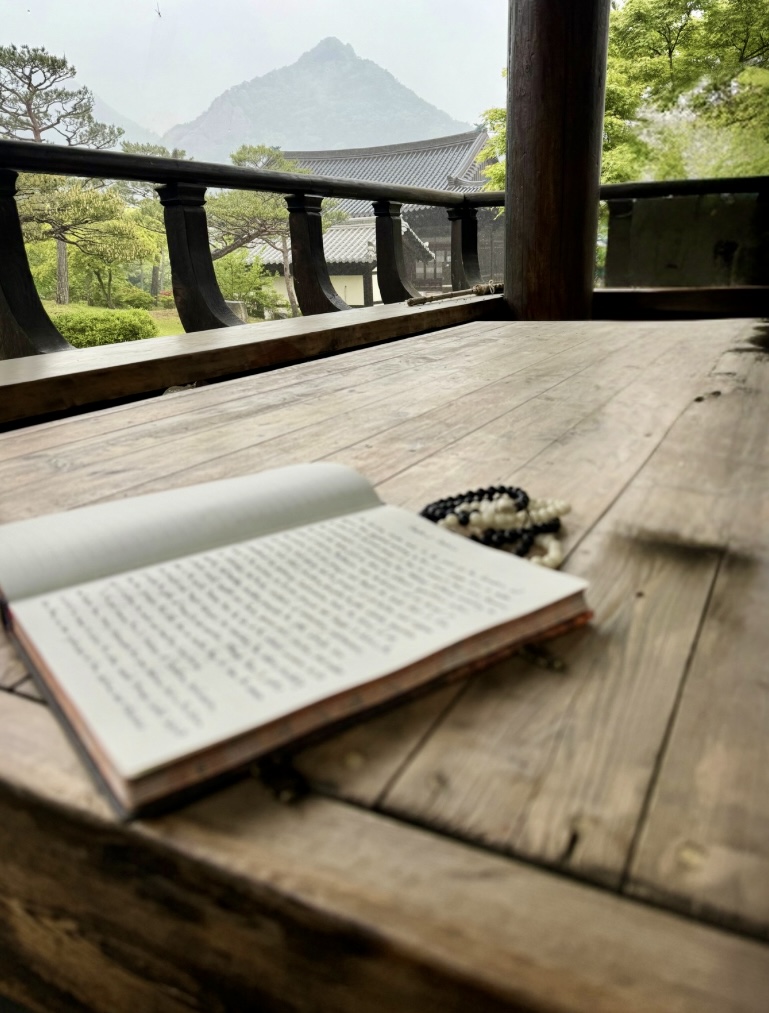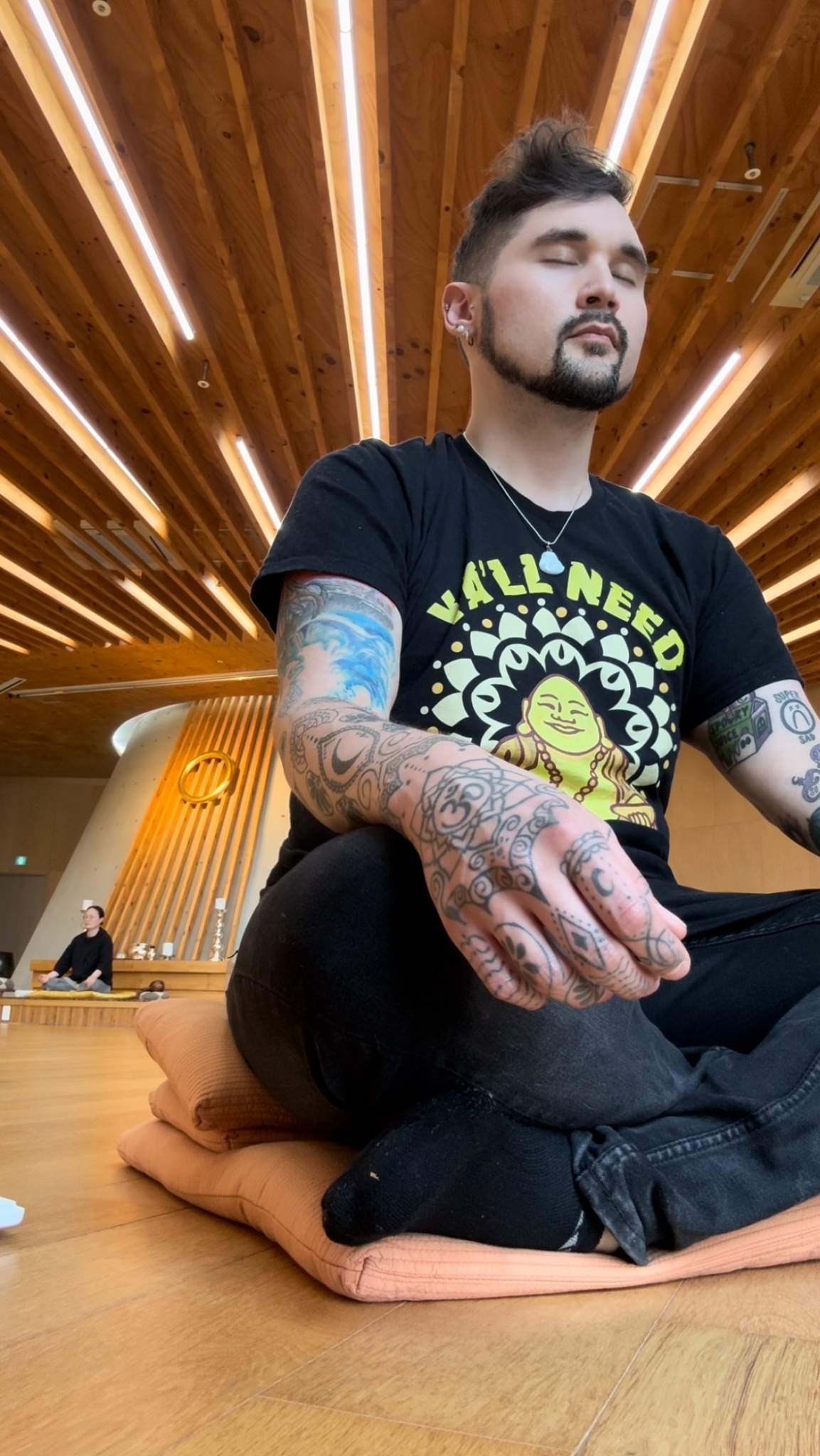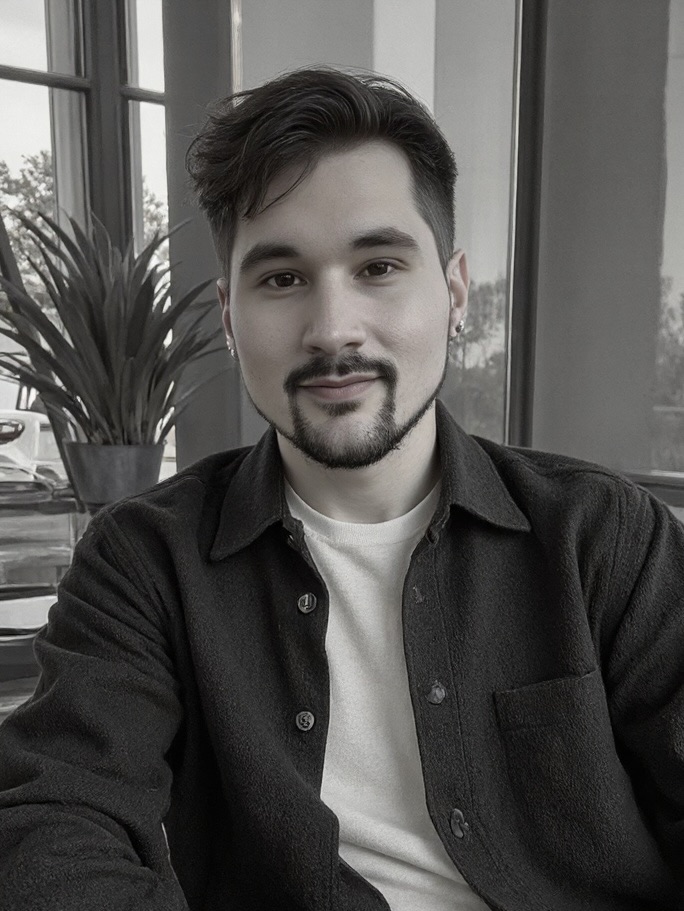We’re excited to introduce you to the always interesting and insightful Devyn Huang. We hope you’ll enjoy our conversation with Devyn below.
Devyn, looking forward to hearing all of your stories today. Learning the craft is often a unique journey from every creative – we’d love to hear about your journey and if knowing what you know now, you would have done anything differently to speed up the learning process.
Writing always felt natural to me since adolescence, but I didn’t so much learn how to write as I did survive by doing it. Poetry became the language I turned to when regular speech felt too thin—too incapable of holding what I was feeling. I was never formally trained—I didn’t study literature in some tower of academia. My background is in psychology and the healing arts. I wrote in the margins of grief, during late hours when everyone was asleep, with way too many drafts sitting in the Notes app. That’s how I learned: by reading lots and lots of poetry, novels and stories; and listening to what hurt and writing until it made a shape I could live with.
Looking back, what might’ve sped things up was permission—giving myself the grace to call it poetry before anyone else did. For a long time, I didn’t think what I was writing “counted” because it didn’t look like what we’re taught poetry should be. I used to tell myself, “No one wants to read a bunch of sad poetry,” or that I should focus on something more uplifting. And yes, I do write things beyond sadness and grief—but I also know my strengths. I’ve come to learn that poetry doesn’t need to be neat, or rhymed, or even understood right away. It just needs to be honest.
The most essential skill? Emotional fluency. Being able to sit with discomfort long enough to extract something from it. And also the discipline to finish something—which, for me, was harder than starting. (Thanks, ADHD.)
As for obstacles: time is the obvious one. I run a full-time healing practice and I’m earning my graduate degree, so creative writing often has to fight for scraps of my attention. But the deeper obstacle has been internal—feeling like I had to earn the right to call myself a writer. That imposter voice can get loud. I’m still learning how to write despite it.

Devyn, before we move on to more of these sorts of questions, can you take some time to bring our readers up to speed on you and what you do?
I write under the name Devyn Huang, The Yellow Poet. “Huang” is the original transliteration of my Chinese-Filipino family name, and it means yellow. “Devyn”, my given name, is Gaelic for poet. In that way, The Yellow Poet is something I’ve always been—long before I knew it. It signifies reclaiming a piece of my heritage and uniting it with my craft. I am a writer, healer, and existential overthinker born on Halloween. I write the way some people pray—with devotion, vulnerability, and the hope of being heard. My pages are a tangle of memory, longing, metaphysics, and way too many rewrites at 2am. My work explores the long shadow of trauma, the absurdity of being human, and the sacred ritual of naming what hurts. Poetry, for me, isn’t about sounding pretty—it’s about making sense of the unspeakable. It’s about translating ache into something with edges.
My path into writing wasn’t traditional. I didn’t come from literary circles or writing workshops. I came from grief. I came from growing up too fast, from trying to decode silence, from needing somewhere to put everything I felt but couldn’t say aloud. My background is in psychology and the healing arts—I’ve been a licensed massage therapist for over a decade, and now I’m earning my graduate degree in Acupuncture and Chinese Herbal Medicine. My life has always revolved around healing, but poetry is how I—myself—heal.
The creative work I provide right now is poetry and some short story. My debut collection, “Another Sad Poem”— coming soon—is an excavation of grief, identity, sexuality, neurodivergence, the self, and the haunting ache of almosts. It’s for anyone who has ever felt like they missed the party, even if they were in the room. It’s not about despair—but about witnessing the complexity of emotion without needing to tidy it up. I occasionally teach classes and workshops on spiritual development, energy healing, and metaphysical practices, but writing is the thread that ties it all together. I love writing guided meditations that are rich with immersive visualizations and vivid details.
What sets me apart? I don’t write to be impressive. I write to be understood. I’m not interested in being mysterious for the sake of sounding deep. I’d rather hand you the raw material and let you feel your way through it. I think that honesty, that emotional fluency, and the refusal to rush the process is what readers connect to most in my work.
What I’m most proud of is learning to write through the noise. Through imposter syndrome. Through the pressure to be more digestible. Through the inner critic who says, “Why would anyone care what you have to say?” And still—I write. Because even if no one else reads it, I do. And that’s enough.
If people remember anything about me, I hope it’s this: I believe pain has texture, silence has a rhythm, and poetry can be the spell that turns ghosts into something holy.
What’s the most rewarding aspect of being a creative in your experience?
For me, the most rewarding part is watching something that began as a private thought take on a life of its own. Sometimes it’s through a reader telling me it resonated, and sometimes it’s in the quiet knowledge that I’ve made something that didn’t exist yesterday. Writing lets me collect fragments—memories, images, stray observations—and weave them into something that can stand on its own.
It’s also deeply satisfying to watch an idea evolve on the page, to see language surprise me. No matter if I’m writing a poem about love or longing, or drafting a short story, or conjuring a guided meditation, there’s this alchemy that happens where the work shapes me as much as I shape it. The reward isn’t just in finishing—it’s in those moments when I realize the piece has become smarter or braver than I was when I started it.

Is there something you think non-creatives will struggle to understand about your journey as a creative?
What I think non-creatives sometimes miss is that art doesn’t come from a vacuum—it costs something. Every poem I write takes a little piece of me with it. Not in a tragic, self-sacrificial way, but in the sense that I have to hand over a part of my truth to make it real on the page.
It’s also not linear. I can write an entire piece in a burst and then spend months carving it down to its bones before even attempting to start a new one. From the outside, it might just look like “writing a poem.” On the inside, it’s a constant negotiation between what I want to say, what I’m afraid to say, and what the poem insists on saying.
And here’s the part that surprises people: you don’t always get to control the timing. A line might arrive when I’m standing in the grocery store or even during a healing session with a client— having to discreetly and illegibly jot it down before it leaves my head. I’ve learned to drop everything and catch it while it’s here, because if I don’t, it’s gone.
I think the biggest misconception is that creating is a hobby, something you can just pick up or put down when you have extra time. For me, it’s more like a pulse—it’s always running under the surface, whether I’m ready for it or not.
Contact Info:
- Instagram: https://instagram.com/wizard.of.ahhs_


